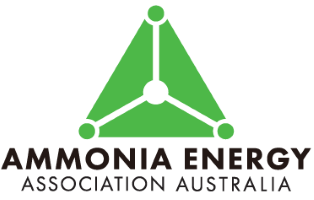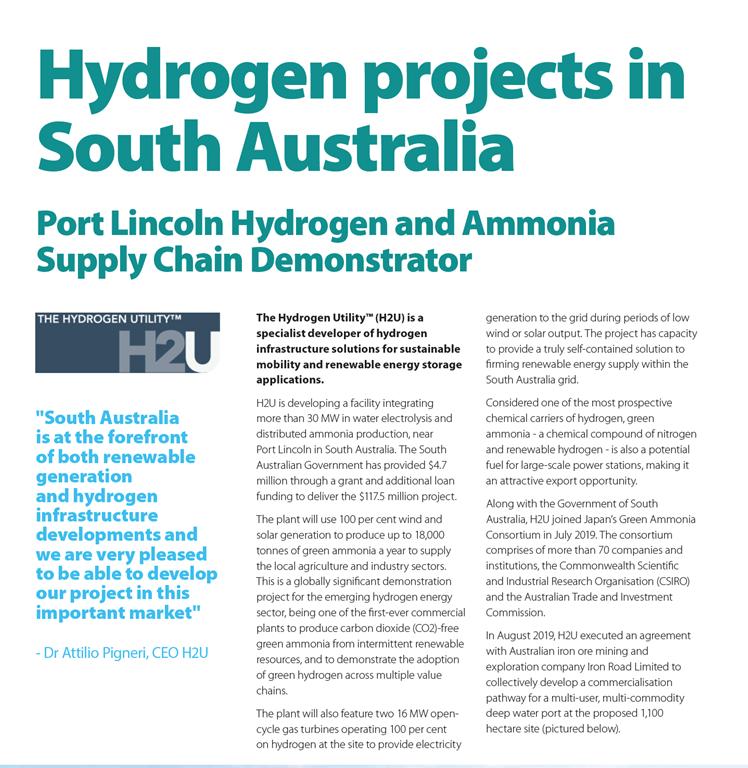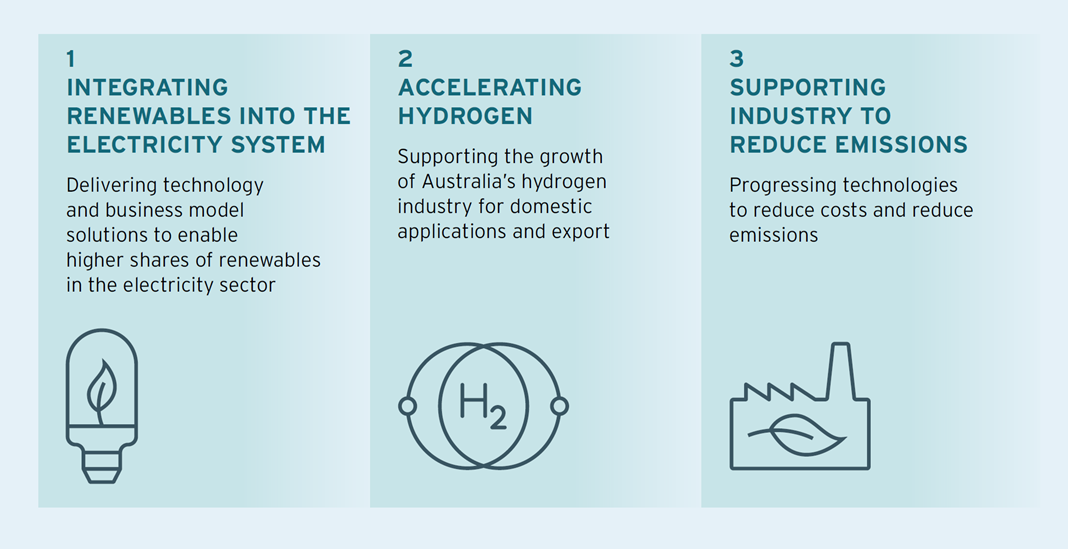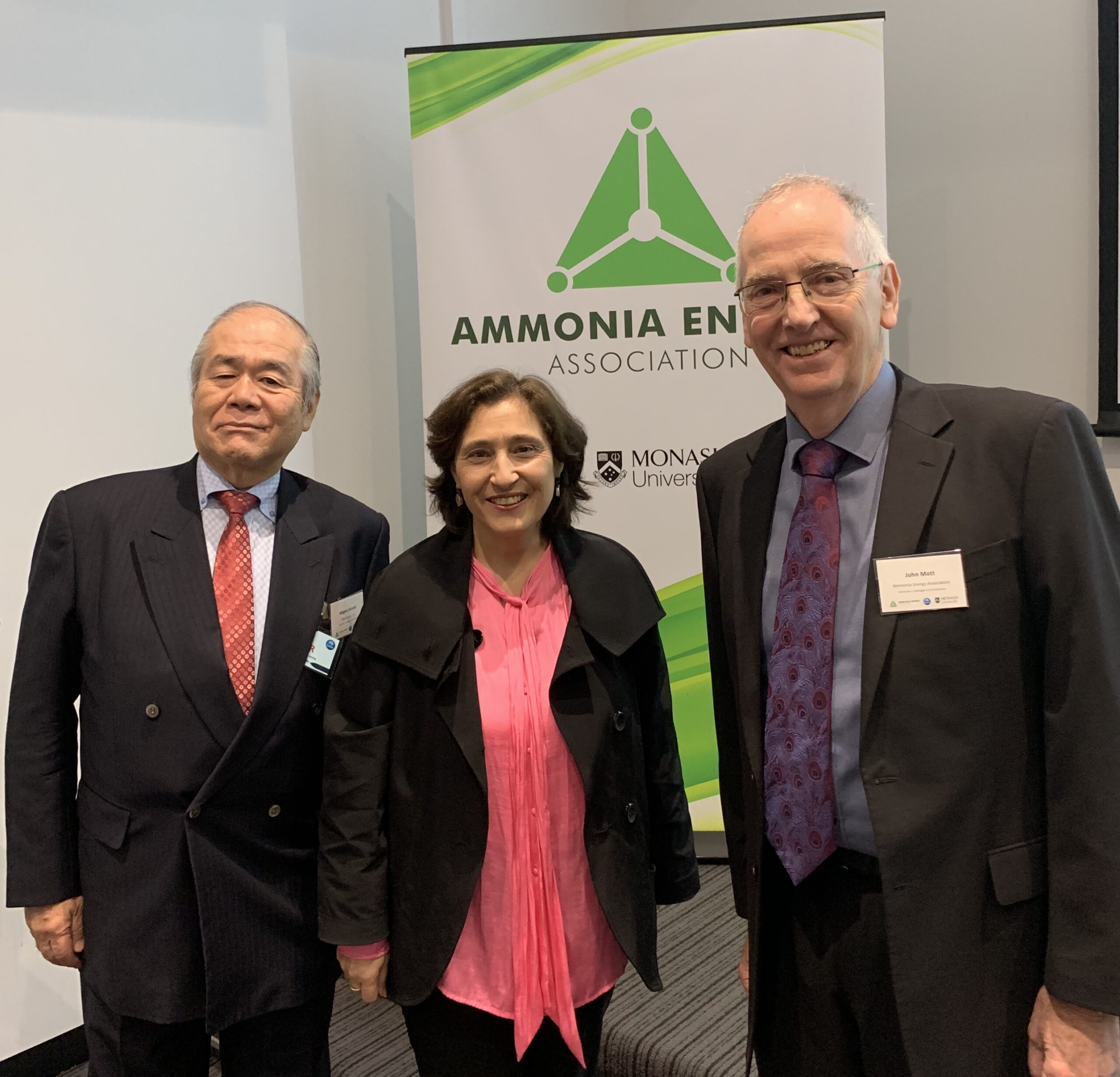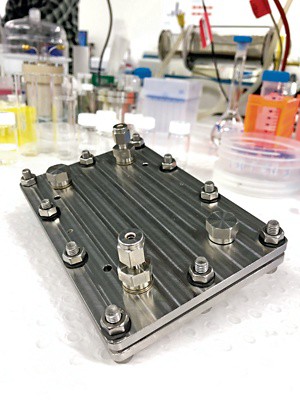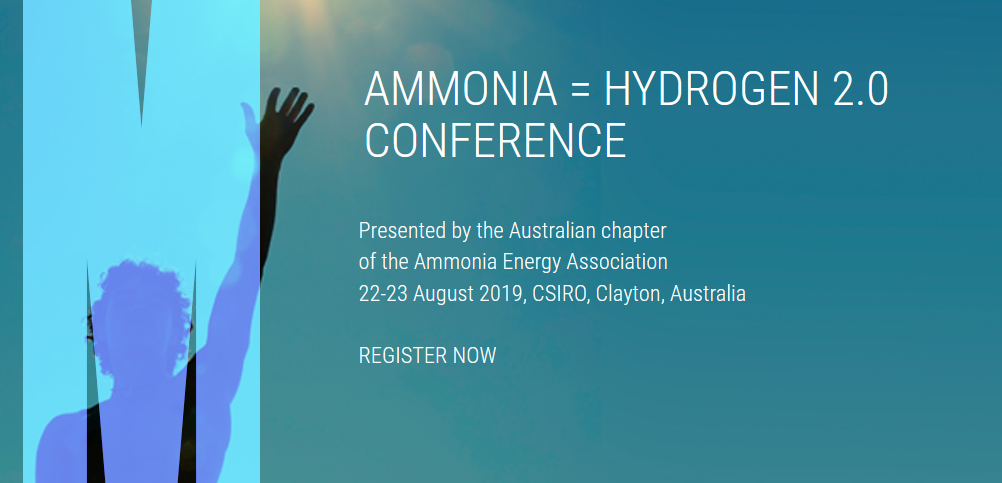Australia
Ammonia Featured in South Australia's Hydrogen Action Plan
The Australian state of South Australia took another step into the hydrogen future this week when it unveiled its Hydrogen Action Plan at the International Conference on Hydrogen Safety in Adelaide. The heart of the Action Plan consists of the practical measures that governments undertake in areas such as infrastructure, workforce, and regulatory framework development. Zoom out, though, and it is clear that fostering a major export position in green hydrogen is first among equals in the Action Plan's priorities. And this being the case, it is no surprise that ammonia is singled out for special attention.
Hydrogen Prioritized in New ARENA Investment Plan
On September 11, the Australian Renewable Energy Agency (ARENA) issued its 2019 Investment Plan. The theme of the accompanying press release is “sharpening our focus,” and indeed the agency articulates just three investment priorities: “integrating renewables into the electricity system;” “accelerating the growth of a hydrogen industry;” and “supporting industry to reduce emissions.” The prioritization of hydrogen – and with it, ammonia as a possible hydrogen carrier – is a new development for ARENA.
Ammonia = Hydrogen 2.0 Conference: panel discussion recap
The Ammonia Energy Association Australia’s Ammonia = Hydrogen 2.0 Conference took place on 22-23 August 2019 in Melbourne, Australia. It attracted 115 attendees from industry, government, and research institutions. This is the first of two articles about the event; this article recaps the interactive panel sessions and the second article will highlight selected presentations. The panel discussions were placed at the end of the program so that important themes from the presentations could be highlighted and integrated. These themes included: 1) Building an energy export industry using green ammonia; 2) Green ammonia as a maritime bunker fuel; and 3) Green ammonia as grid scale energy storage – a battery to the nation.
The global quest to decarbonize ammonia production
NEWS BRIEF: The industrial process for ammonia production is increasingly being recognized as a target for decarbonization - by researchers, investors, regulators, and the producers themselves. Demonstrating this shift in awareness, Chemical and Engineering News (C&EN), one of the flagship publications of the American Chemical Society (ACS), this week published an in-depth review of global research and development efforts and demonstration plants for sustainable ammonia synthesis. Its review is all-encompassing, from near-term feasible renewable Haber-Bosch plants, to long-term research areas of electrochemistry, photocatalysis, and bioengineering.
AEA Australia conference announced for August 2019: Ammonia = Hydrogen 2.0
ANNOUNCEMENT: The Australian chapter of the Ammonia Energy Association (AEA Australia) has announced details of its inaugural conference, which will take place on August 22 and 23, 2019, and will be held at CSIRO in Clayton, Victoria. Entitled "Ammonia = Hydrogen 2.0," the conference will focus on the role of ammonia within the Australian hydrogen economy, specifically "Building an energy export industry using Green Ammonia." In addition to a full program of talks by invited speakers, networking events will include panel discussions, a poster session, and the conference dinner. Registration for the event is now open, with an early booking discount available until July 5.



